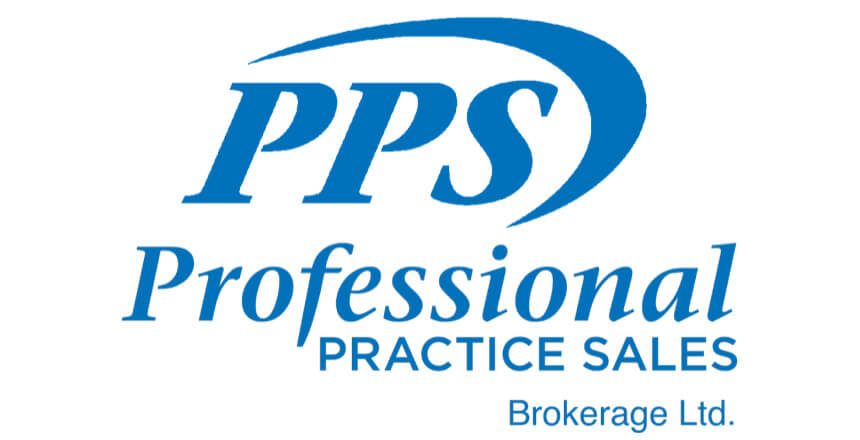
Selling your dental practice may be one of the most important decisions of your life. Not only is the sale a significant financial transaction, but it is also a highly emotional decision. Depending on your preparation, the process can be an emotional rollercoaster and can affect the total value of your practice and possibly, the outcome of your sale.
From start to finish, the sales process is a stressful event and despite most sales concluding successfully, the actual process can either be rewarding or challenging. Although there are some events that aren’t in your control, the better you “physically” and emotionally prepare, the better the outcome.
The physical preparation of your practice for sale should be an ongoing event, where you make business decisions designed to make your practice more attractive to a potential purchaser. We think that this preparation process should start well in advance of the actual date of the sale and can really begin with vigor a couple of years in advance.
Prepare the items directly related to the operation and structure of your practice. It may be your physical plant, the condition of your equipment, your lease, patients, staff, contracts, etc. Further, the preparation of your practice also includes ensuring that production and collections are optimized.
This advance preparation should be a continuous process. Remember that your practice must be attractive from the perspective of a purchaser, and what is important to them. The practice should be presented in its best light and must be able to answer every question from purchasers during due diligence.
Once you feel that your practice is prepared to sell, you need to ask yourself, are you? The decision to sell, and the sales process is typically stressful and full of emotion. Most dentists can deal with high stress situations, make quick independent decisions, and control outcomes. However, sometimes these traits that make a successful dentist, may create frustration and stress in a deal process.
First of all, the sale is an unfamiliar process, that in some cases may only happen once in a career. The process involves intense negotiations, a team of advisers with collective input, and the process is essentially out of the dentist’s direct control. Also, as there are complex requirements legally and financially, the timing is usually beyond what one hopes. If that isn’t enough, the deep dive that purchasers take into the practice is like an invasion of privacy, as they will scrutinize all elements of the practice.
The change in mindset required is to understand that once one has accepted an offer, hopefully from a well-chosen candidate, the dentist must be prepared emotionally to accept the complexity of the sale process. While remaining strong and in charge, there must be flexibility in negotiating with the purchaser, a focus on the result, and reliability on the team of advisers to ensure an excellent outcome.
Once an offer has been accepted, the sales process begins. The purchaser will start the due diligence process and their bank financing application. Essentially, due diligence is a combination of learning about the practice, validating data and numbers that were presented, and investigating inconsistencies, fraud, or lack of compliance. In due diligence, the amount of information to be gathered is sometimes overwhelming. The information includes detailed practice reports, premises lease, renewals, HARP X-ray tests, Ministry-stamped X-ray approvals, IPAC Compliance, lists of expenses, bank statements, relevant contracts including associateship and staff contracts, breakdown of practice expenses, review of procedures and actual treatments, a physical chart count, etc. The due diligence process feels very invasive as the purchaser and their advisers need to dig deep into the practice. This deep dive can make sellers nervous, and sometimes feels like an invasion of privacy. Despite the feeling that the purchaser is looking for flaws or faults in the practice or the data presented, it isn’t personal and is a necessary process. Although there is a tendency to push back on providing this data, it is always our recommendation to comply with all (reasonable) due diligence requests.
The other major item which must be prepared is the agreement that is prepared by the purchaser’s lawyer. When the purchaser submits the agreement, it is in draft format and is a work in progress document. Typically, the agreement goes back and forth several times, as the lawyers will adjust wording based on their experience and their client’s expectations. In this process, one must rely on the lawyer to protect his/her client’s interest and ensure that the client is well-represented. Normally, in the dental industry, the lawyers are able to work out a deal structure, but sometimes, there needs to be flexibility to make progress. While the lawyer is the most important person in this part of the deal process, the dentist should also be prepared to be part of the negotiations and solution, and for sure, don’t take the words personally. Sometimes, when reading a draft agreement, it is easy to misinterpret the purchasers’ intentions, and bad feelings or mistrust can occur. Don’t forget that the agreement was drafted by the purchaser’s lawyer who was only representing the purchaser. While it is up to the seller’s lawyer to defend the seller’s position, it is sometimes very helpful for the seller to intervene directly with the purchaser. More often than not, despite the need for the agreement to be perfect, sometimes a simple and direct conversation with the purchaser can iron out any possible roadblocks.
In summary, dentists can influence the outcome of a sale, and the satisfaction level during the sales process. Most of the stress can be eliminated if the practice has been properly prepared in advance of the sale. The second part of eliminating deal stress, is to choose the right buyer that will fit into the seller’s vision. The last part of eliminating stress is to understand that the process will likely be frustrating, but that dentists are prepared to make balanced decisions that result in a successful sale.

